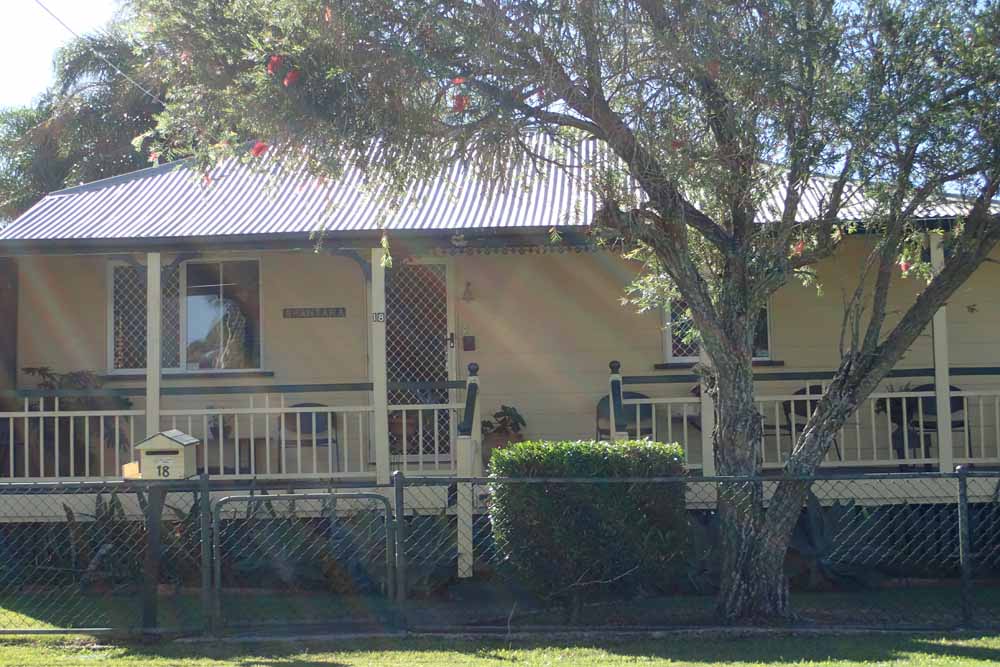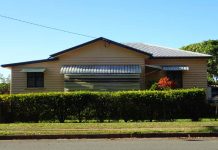By Tax Expert Christina Carleton
Do you have an investment property that you are planning to sell? Before you put it on the market and start planning what you’ll spend the proceeds on, it’s important to know how much capital gains tax you should expect to pay. To put it in simple terms, when you sell an asset such as real estate, the difference between how much you originally paid for it and what you sell it for is known as a capital gain. Unless of course, you lost money, then it is known as a capital loss. When you complete your annual tax return all capital gains and losses must be declared, and your payable tax will be calculated based on which tax bracket this puts you into.
Capital Gains Tax Queensland
Whilst we wouldn’t exactly describe it as ‘good news’ that capital gains tax rules apply Australia-wide, it may come as a relief to know that capital gains tax rules in Queensland are the same as elsewhere in Australia. So, there is no need to trawl though complicated state-by-state legislation.
Ways to Reduce Capital Gains Tax
Fortunately, whilst you probably won’t be able to avoid paying capital gains tax entirely, there are some simple and legal ways to reduce the amount of tax you’ll be required to cough up.
You Owned the Property Before Capital Gains Were Introduced
Did you buy or acquire your property before 20th September 1985? If you did you are in luck, as you won’t be required to pay capital gains tax when you sell it!
Primary Place of Residence
If the property you plan to sell is your main place of residence, is 2 hectares or less, and is not being used to generate any income, you will likely be exempt from capital gains tax. Learn more about reclassifying investment properties and PPOR
The Temporary Absence Rule
Do you have a property that you used to live in, but now rent out? Under the temporary absence rule you can treat it as your main place of residence for up to six years. This will enable you to get a partial exemption from capital gains tax.
Avoid Selling it in the First Year
If you have owned your asset for 12 months or more, you may be entitled to a 50% discount on your capital tax gains. So, it makes sense not to sell an investment property within the first year if you can help it!
The Six-Year Rule
The capital gains tax six-year rule allows you to treat your investment property as your main place of residence for tax purposes for up to six years while you rent it out. This means that if you sell it within six years you will be exempt from capital gains tax!
Increase the Cost Base of Your Property
Capital gains tax is calculated by subtracting a property’s cost base from the selling price, so it makes sense to increase your cost base. The cost base is the cost of a properties acquisition, holding and disposal and can be increased by including stamp duty, conveyancing fees, loan applications and the cost of any renovations you’ve made. This is why it is always a good idea to keep meticulous records of all your property-related expenses.
So, before you sell your investment home be sure that you understand the capital gains tax implications. Enlisting the help of a tax accountant who can give you the best advice for your unique situation could save you a small fortune!
Disclaimer: This article has been produced based on the information available at the time of publication. It is intended to be used as a guide and not legal tax advice. We advise you to contact a tax accountant or visit the ATO website for specific tax advice or more information.





